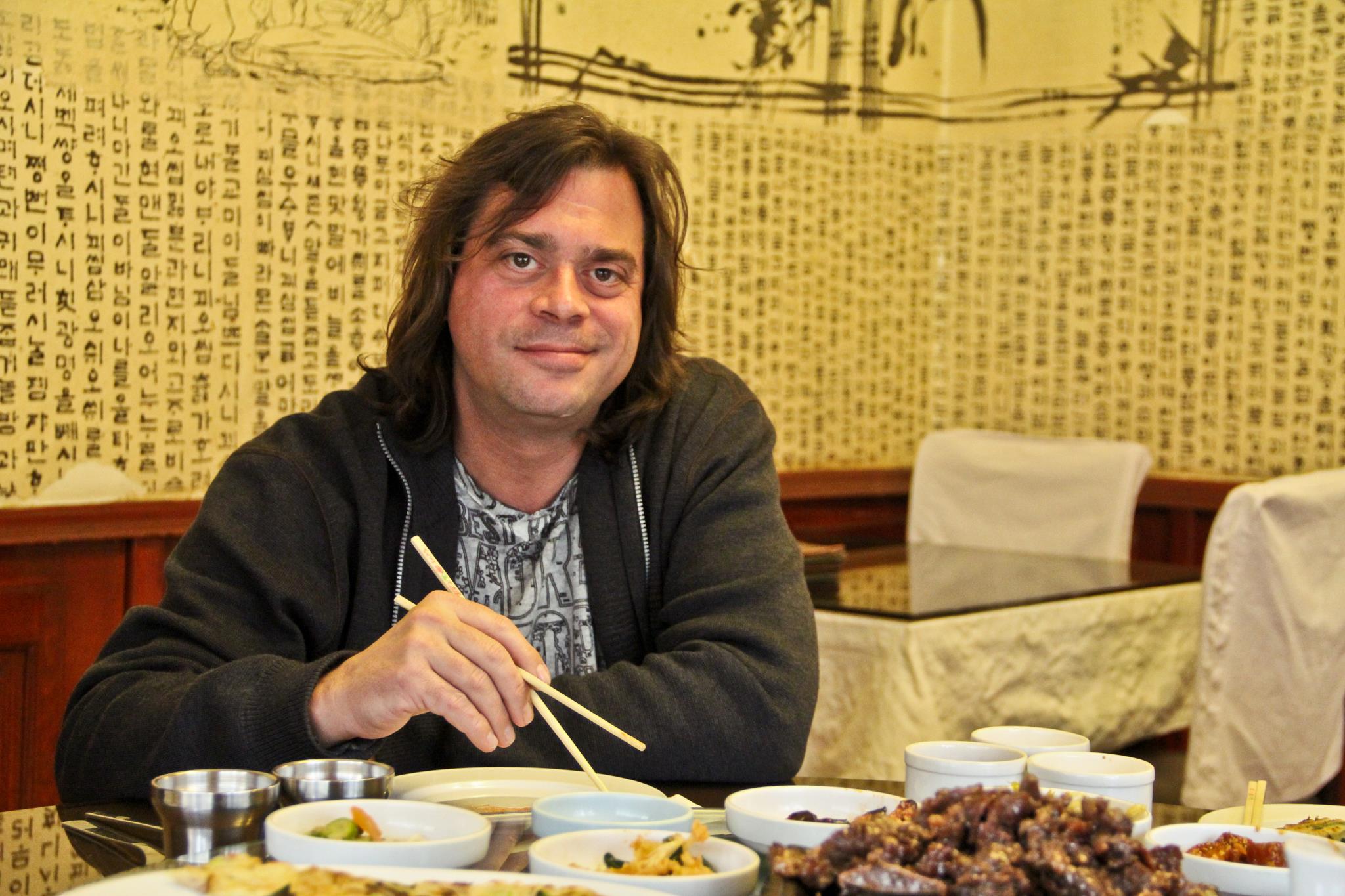Oscar de la Renta takes longer to create that small, fits-in-your-hand bottle of perfume than one of his elaborate embellished ballgowns. It’s just the nature of the business.
The process is similar, starting with an inspiration that comes from the gut, quality materials and fine workmanship, but de la Renta says he’ll continue tinkering with a perfume until he’s fully satisfied. There would be no point in rushing when he has the luxury of time, he explains.
While de la Renta takes care to say that even with his clothing designs, he doesn’t follow — or set, for that matter — the "trends," he still operates on the fashion calendar that dictates the grinding, grueling pace of five collections a year. (Add to that the children’s line the company just announced it’s launching.) There is always a hunger for "new" and a need to be relevant in the moment, he observes.
In the beauty business, however, there aren’t the same demands, so even though the hypothetical canvas is so much smaller, the process has few restrictions other than to create something lovely and lasting. "Fragrance — I look at in a different way than fashion," de la Renta says. "It’s so unbelievably intimate in a person’s life. When you discover the right one, it’s like getting married: You don’t change on a whim."
His newest is Live in Love, a classic scent with notes of ginger, orchid, hyacinth, muguet and jasmine, set against a base of white woods and musk.
The house bought back its fragrance licenses three years ago (the licenses were owned by another company at the time) to give the perfumes more of a synergy with its fashion reputation as a top-tier label, explains Alex Bolen, company CEO (as well as de la Renta’s son-in-law). Each of the seven scents currently in production has to be elegance and luxury in a bottle, Bolen says.
De la Renta jumps in at this point in a joint interview to note that, however beautiful the bottle may be, it won’t sell a perfume. Neither will the packaging, name or ad campaign. The juice has to connect to the wearer on a much deeper level, he says, so much so that it becomes part of her identity.
"You shouldn’t change your fragrance when you don’t smell it anymore. That’s the wrong way to think about it. You shouldn’t be able to notice it. … That’s when a fragrance is a true success."
Still, he says, he likes the stories of how the newest name and campaign evolved.
For the name, de la Renta was in his workroom in the heat of the summer and noticed the tattoo on the arm of one of the employees: Live in Love. "It was so obvious, so extraordinary. It’s what I wanted to say. No one had used it, which was surprising, but that’s the secret of life — sometimes the answer is so obvious."
When it came time to introduce the fragrance to the public, he wanted to find the right spokesmodel. He laid out print ads of all the competition, stripped off the names, and took a hard look at whose image he could choose to stand out from the crowd. He saw only one that he wanted.
Back in the 1950s and ’60s when de la Renta was starting out, the trend wasn’t celebrities; every designer who was anyone used an illustration of the chicest, most glamorous woman. That’s who he wanted again — and that’s the raven-haired, pen-and-ink "model" who looks back at you underneath the tagline, "The new fragrance for women created by a man who adores them."
He explains, "I want you to remember the fragrance, not be able to identify Penelope Cruz."
This isn’t de la Renta being nostalgic for the good old days, though. In addition to the new children’s line and the presentation of his bold, colorful pre-fall collection this week, de la Renta is also the one who came up with the idea for a just-opened exhibit about the artist Joaquin Sorolla y Bastida at the Queen Sofia Spanish Institute in New York.
At age 79, retirement is a dirty word. He likes to quote a friend who says, "to rest is to rust."

